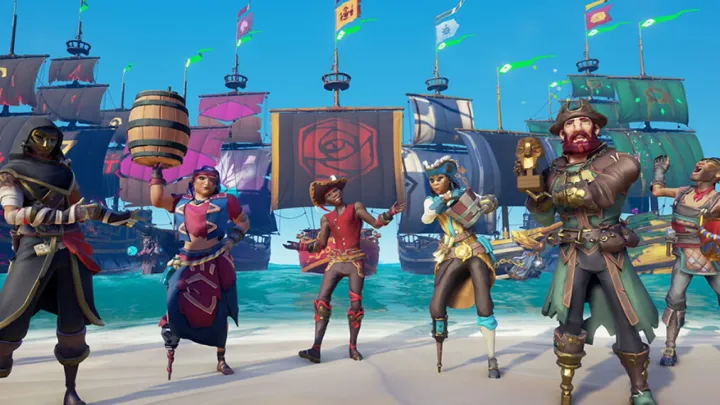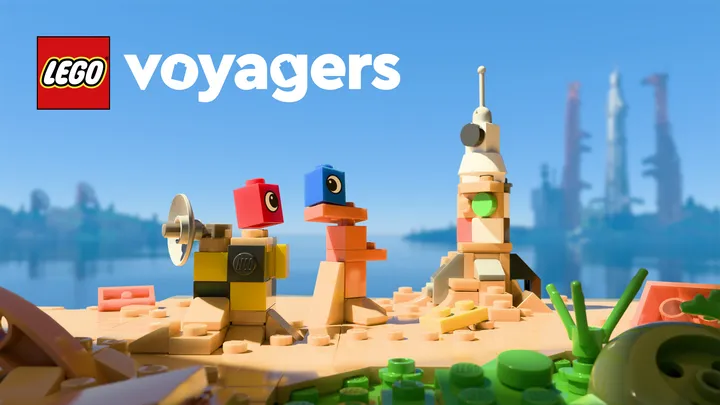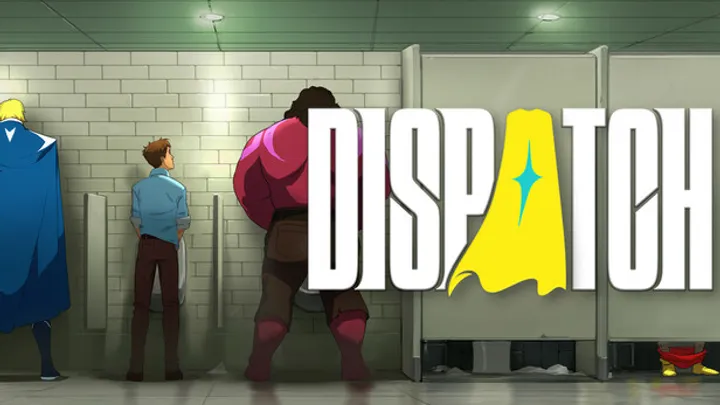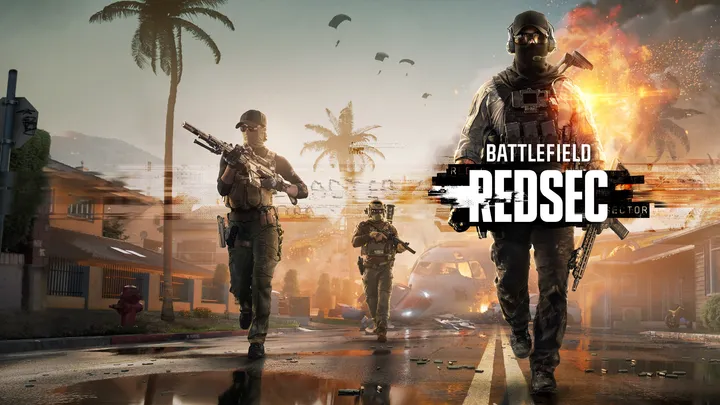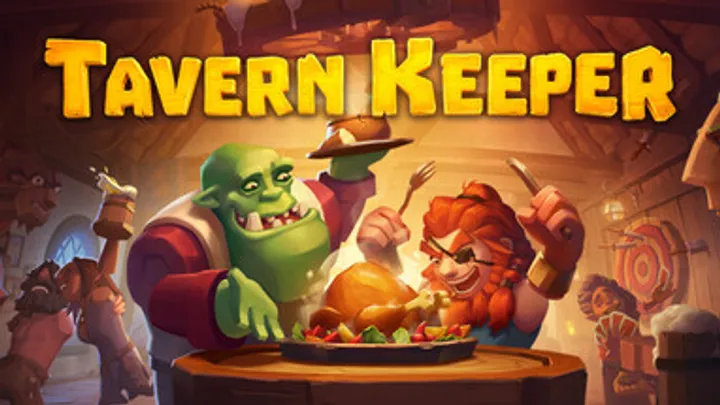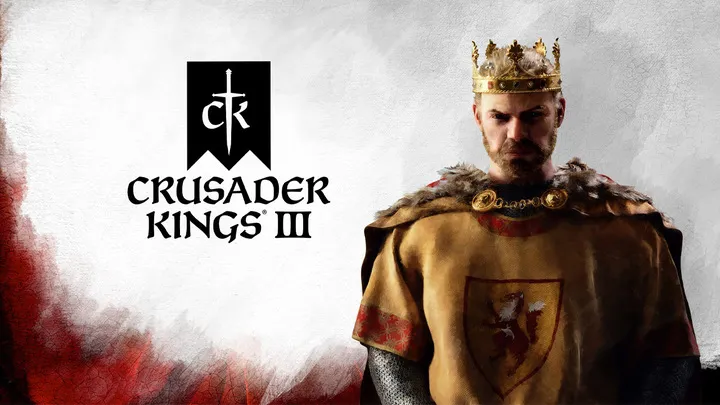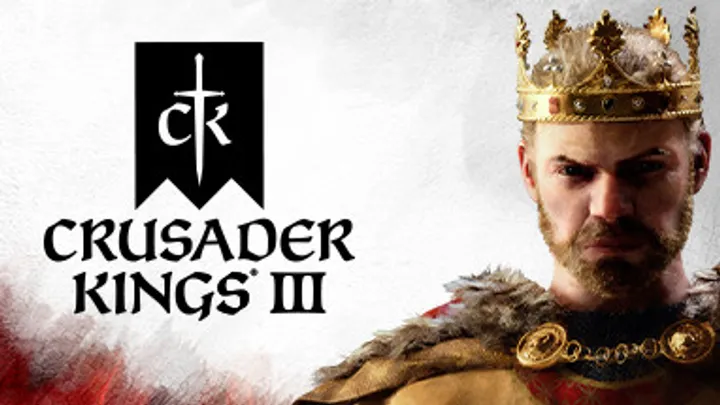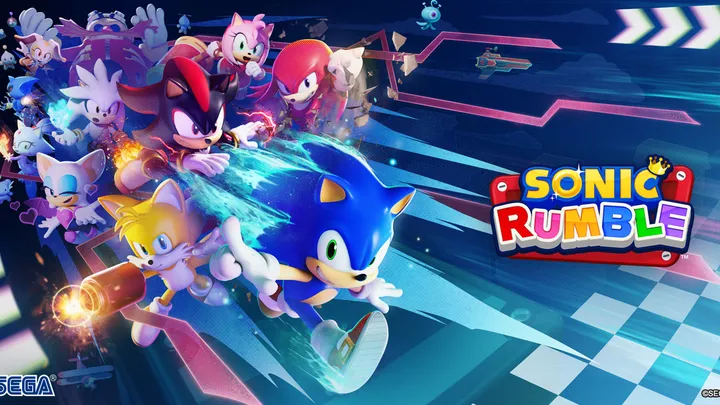
Introduction
Sea of Thieves, developed by Rare, has captivated players with its open-world pirate adventures since its launch. With the introduction of Season 7, the game has undergone a significant evolution that reshapes how players engage with the world. This season introduces the concept of ship ownership, granting players the ability to personalize and manage their vessels like never before. This article will explore the implications of this system on gameplay, community dynamics, and the overall experience within Sea of Thieves. By examining the transformative impact of ship ownership, we can understand how it enriches the player experience and redefines the notion of adventure on the high seas.
The Evolution of Ship Mechanics: A Historical Perspective
The Journey up to Season 7
Since its debut, Sea of Thieves has seen numerous updates and expansions that have enriched its gameplay mechanics. The core loop of the game revolves around cooperative multiplayer experiences with an emphasis on exploration, treasure hunting, and engaging in ship battles. However, the player experience has always been tightly intertwined with the ships themselves.
The Initial Ship Dynamics
When Sea of Thieves first launched, players had access to three ship types: the Galleon, the Sloop, and the Brigantine. Each vessel had distinct attributes and played a unique role in gameplay. The focus was more on the collective experience of sailing, with ships serving as mere vehicles for adventure.
Core Elements of Initial Ship Mechanics
- Collaborative Gameplay: Success depended heavily on teamwork, making ship control and navigation a shared responsibility.
- Customizable Yet Limited: While players could customize sails and ship cosmetics, the foundational vessel mechanics remained unchanged.
- Player Identity: The ship was more a means to an end than a personal extension of player identity.
Anticipating Change: Community Feedback
As the community grew, so did discussions around personalization and ownership. Players began to express their desire for a more immersive and personalized experience. The hope for expanded ship mechanics was palpable, setting the stage for the revolutionary changes introduced in Season 7.
Introducing Ship Ownership: A Game-Changer
The Concept of Ownership
With Season 7, Sea of Thieves introduced the revolutionary concept of ship ownership, fundamentally altering how players experience the game. Players can now claim their own ships, fostering a deeper connection to their maritime environment.
Mechanisms of Ownership
The ownership system allows players to name their ships, customize them extensively, and maintain a sense of pride in their personal fleet. This shift enhances the player experience, making vessels feel like home rather than mere transport.
Aspects of Ship Ownership
- Naming and Personalization: Players can choose a name for their ship, reflecting their personality or pirate persona.
- Customizable Interiors: Season 7 includes options for players to furnish and decorate their ship interiors, allowing for personal expression.
- Persistent State: Unlike before, ships are not merely tools for a session; they can be maintained, upgraded, and cherished over time.
Welcoming Individuality on the High Seas
This new mechanic invites players to embrace their individuality. Ownership transforms ships from being shared resources into a reflection of personal identity. Such differentiation fosters deeper emotional investment in gameplay, enhancing the stakes of every naval encounter.
The Role of the Crew: Rethinking Team Dynamics
Crew Relationships and Ship Ownership
With the advent of ship ownership, the dynamics between crew members have evolved. Players not only sail together but also share a collective responsibility toward their ship, impacting their interactions and collaboration.
Enhanced Accountability
Taking ownership of a ship means that players must work collaboratively to protect and maintain it. Crew members become invested in the vessel's well-being, fostering strong bonds and cooperative strategies.
Core Aspects of Crew Dynamics
- Shared Responsibility: Players need to communicate effectively to manage ship repairs, modifications, and resource gathering.
- Conflict and Cooperation: With personal stakes at play, the risk of conflict rises, as players may have differing ideas on how to manage their ship.
- Emotional Investment: Crew members may feel more attached to their ship, imbuing the gameplay with significance beyond mere quest completion.
The Evolution of Crew Strategies
The focus on ship ownership requires players to rethink their approach to teamwork. Instead of merely navigating the seas, crews must now strategize around ship management, reflecting an evolved gameplay loop that adds layers of complexity.
The Economic Impact of Ship Ownership
Resources and Maintenance
The introduction of ship ownership ties into the broader economy of Sea of Thieves. Players must now manage resources more meticulously, making strategic decisions that impact their financial health in the game.
Economic Dynamics of Ship Customization
Players can invest in ship upgrades and decorations, leading to a more intricate system where players must weigh the benefits of spending resources on aesthetics versus functional enhancements.
Key Economic Considerations
- Resource Management: Players must gather materials and gold to maintain and upgrade their fleets.
- Investment Choices: Players face the dilemma of whether to enhance combat attributes or focus on visual flair.
- Market Influence: The ownership system creates new opportunities for in-game trading linked to ship appearances and upgrades.
Implications for Player Strategies
These economic factors force players to adopt more calculated approaches, ensuring they balance adventure with fiscal responsibility. Choices made not only affect individual player experience but also alter the broader in-game marketplace.
Navigational Changes: Charting New Courses
Enhanced Exploration through Ownership
With the ability to own ships, exploration takes on a new dimension. Players remain more invested in uncovering hidden treasures and secret locations, driven by the desire to enhance their personal vessels.
Expanded Discovery Mechanisms
Owning a ship encourages players to seek out new opportunities for exploration and gameplay. Players are motivated to engage with the world more deeply, uncovering lore and secrets tied to the rich lore of the game.
Elements of Discovery
- Treasure Hunts: Ship ownership adds greater significance to treasure quests, as players see these discoveries as directly benefiting their fleet.
- Environmental Interactions: Players may encounter beacons or other environmental storytelling elements that enrich their understanding of the game’s lore.
- Personalized Quests: Ownership opens the door for future quests focused on ship upgrades, exploring the backstory of characters tied to individual ships.
Fostering a Sense of Adventure
The connection between ship ownership and exploration transforms the act of sailing into a continuous adventure around players’ growing investments in their maritime journey. Each expedition feels purposeful as players pursue bountiful treasures and rich narratives.
Community Dynamics: The Social Aspect of Ship Ownership
Fostering a Pirate Community
Season 7 has also deepened the social aspects of Sea of Thieves. With ship ownership, players now have more opportunities to connect with one another, sharing their experiences and customizations.
Collaborative Creativity
The ability to showcase unique ships fosters creativity within the community. Players can host gatherings, showing off their customs, sharing tips, and celebrating each other's victories.
Key Factors in Community Building
- Showcase Events: Players are now more likely to engage in community events centered around ship decoration and competitions.
- Networking: Players can form alliances based around shared values, building cooperative friendships that deepen gameplay experiences.
- Cultural Identity: The differentiation in ships leads to the emergence of unique pirate cultures within the game, as players build identity around their personalized ships.
The Impact of Community on Gameplay
As the community evolves, shared stories and experiences add layers to individual gameplay. Players may feel compelled to engage with the larger pirate community, fostering a richer, more vibrant environment in which to sail.
Challenges of Ship Ownership: Maintaining Balance
Introducing New Conflicts
While ship ownership enhances many aspects of gameplay, it also introduces new conflicts. Players now contend with potential losses, whether from enemy attacks or environmental hazards that threaten their prized possessions.
The Risk of Loss
The emotional investment in a ship raises the stakes during encounters. Players may feel a palpable sense of dread when facing opponents, knowing that a loss could leave them without their beloved vessel.
Major Challenges
- Danger at Sea: The persistent threat of players engaging in PvP combat raises apprehension around protecting one's ship.
- Environmental Hazards: Natural sea storms and obstacles can inflict damage, forcing players to think strategically about navigation.
- Resources at Risk: The inability to protect or salvage a ship can mean significant losses in terms of time and resources.
Striking a Balance
As players adapt to these challenges, they must determine how best to protect their investments while maintaining an enjoyable gaming experience. The thrill of danger compounds the excitement of adventure, fostering an environment of risk and reward.
The Narrative Future of Sea of Thieves
Setting the Stage for Future Content
With the implementation of ship ownership, the door opens for new narrative possibilities in forthcoming updates. The foundation laid in Season 7 presents numerous opportunities for deepening the storyline and expanding gameplay mechanics.
Potential Story Arcs Based on Ownership
The introduction of ship ownership can drive future arcs revolving around piracy, treasure hunts, and maritime lore. New characters related to ship management, as well as historical narratives tied to individual ships, can enrich player engagement.
Ideas for Future Content
- Custom Ship Quests: Players could embark on quests tailored to their specific ships, exploring backstories tied to the vessel's appearance.
- Comprehensive Ship Management Systems: Introducing more intricate management systems could allow players to maintain their ships in detail, influencing gameplay and narrative.
- Dynamic Enemy Encounters: The emergence of naval rivalries or organizations could create new challenges and opportunities for ship ownership and combat.
The Legacy of Season 7
As players embrace the changes, the legacy of Season 7 will likely pave the way for an evolving game that continually offers fresh challenges, dynamic storytelling, and an enriched community experience. By pushing the boundaries of what ownership means in Sea of Thieves, Rare has launched a wave of potential that promises to keep the game engaging for both veterans and newcomers.
Conclusion: The Transformative Power of Ownership
Sea of Thieves: Season 7 marks a significant shift in the game's landscape. The introduction of ship ownership has not only altered how players interact with the world but has also reshaped the entire gaming experience. By fostering deeper connections between players and their ships, Season 7 has created a multifaceted adventure that encourages exploration, community-building, and strategic gameplay.
As crews navigate the high seas with their personalized vessels, the emotional stakes have risen, challenging players to confront issues of responsibility and risk like never before. With greater accountability to their ships and to each other, players are now engaged in narratives that extend beyond simple treasure hunts; they are part of a living tapestry woven from their personal journeys and collective experiences.
Ultimately, the transformative power of ownership in Sea of Thieves not only enhances individualized storytelling but also strengthens community bonds, ensuring that the journey of piracy is as rich and rewarding as the bountiful treasures waiting to be discovered across the endless horizon.